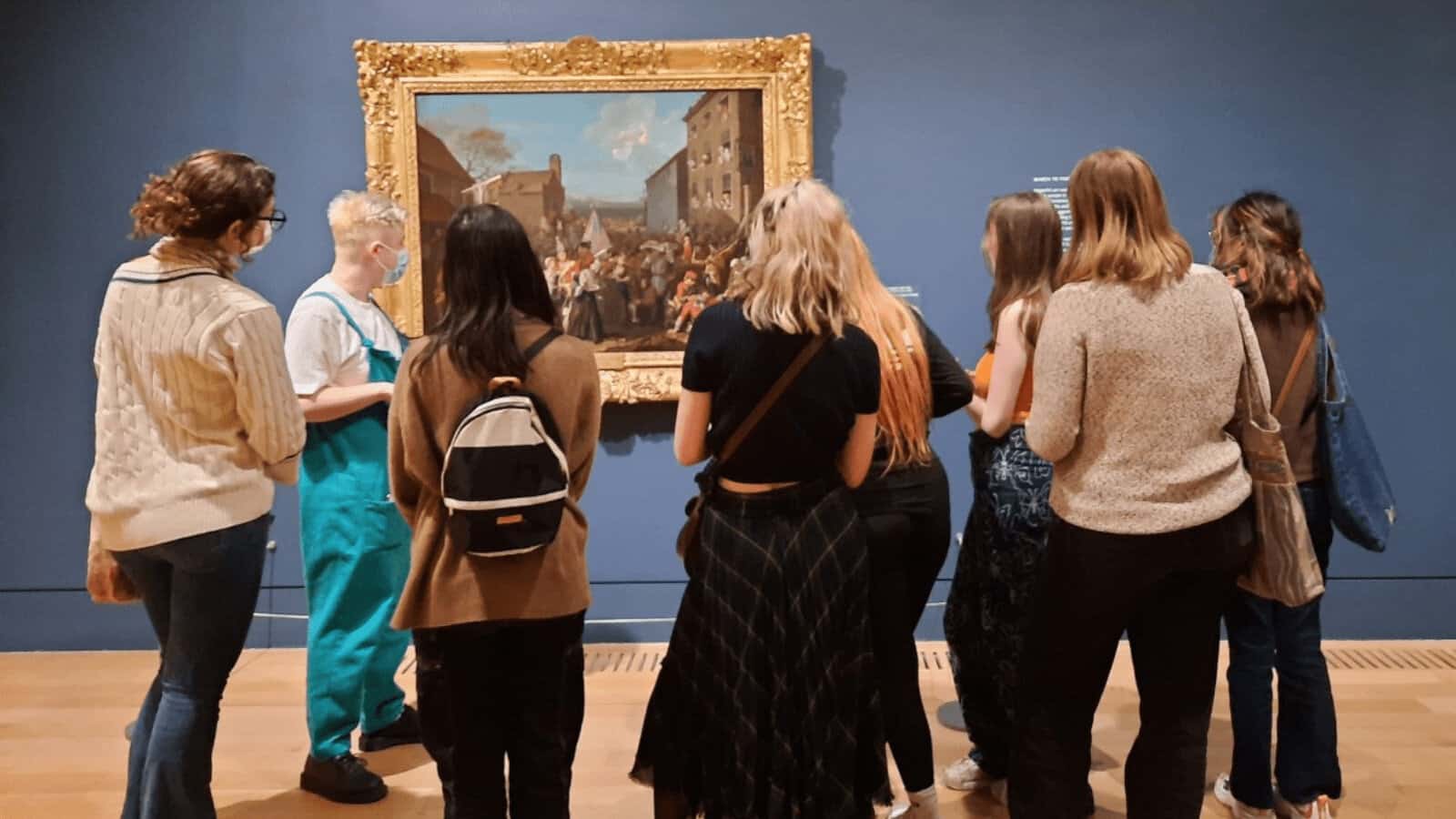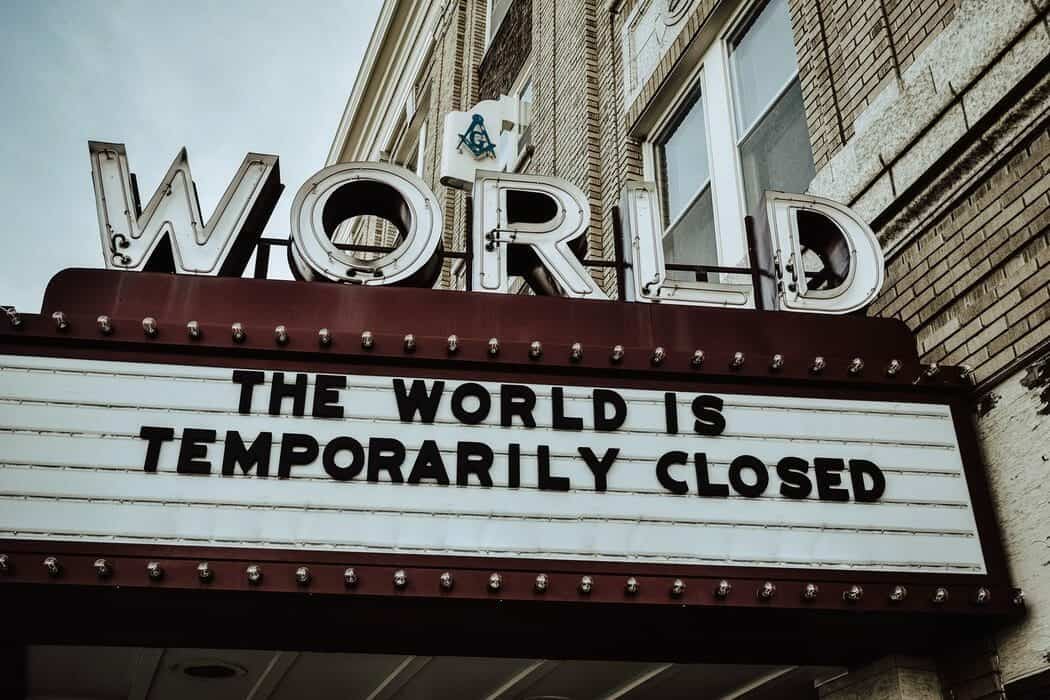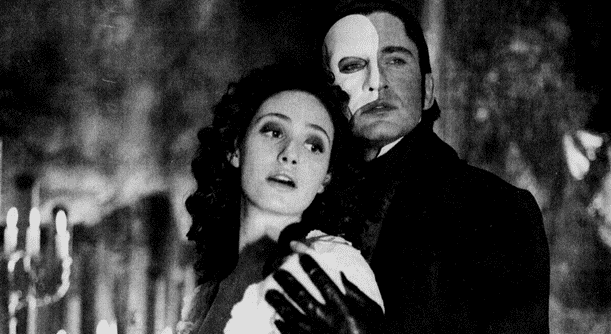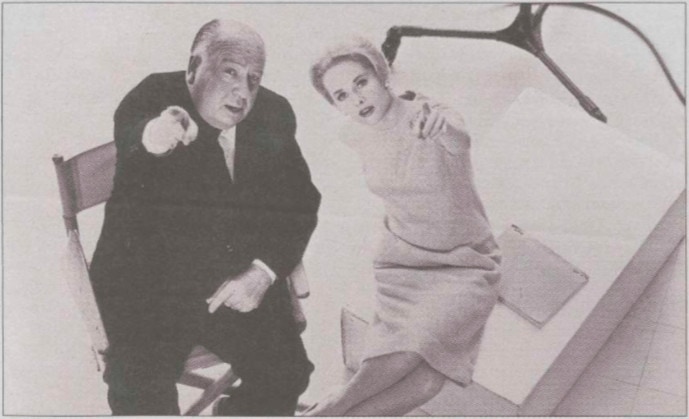│By Carolyn Beckford, Gale Product Trainer│
Joseph Boulogne, later adopted as Chevalier de Saint-Georges, was born in Guadeloupe, a former French colony. He was a French violinist, conductor, composer, and a soldier.
Boulogne was the first classical composer of African descent to attain widespread acclaim in European music. He composed an array of violin concertos, string quartets, sinfonia concertantes, violin duets, sonatas, symphonies, stage works, and opera comique. He was also a contemporary and rival of Mozart, although it’s likely that racism obscured his recognition as a great composer.






